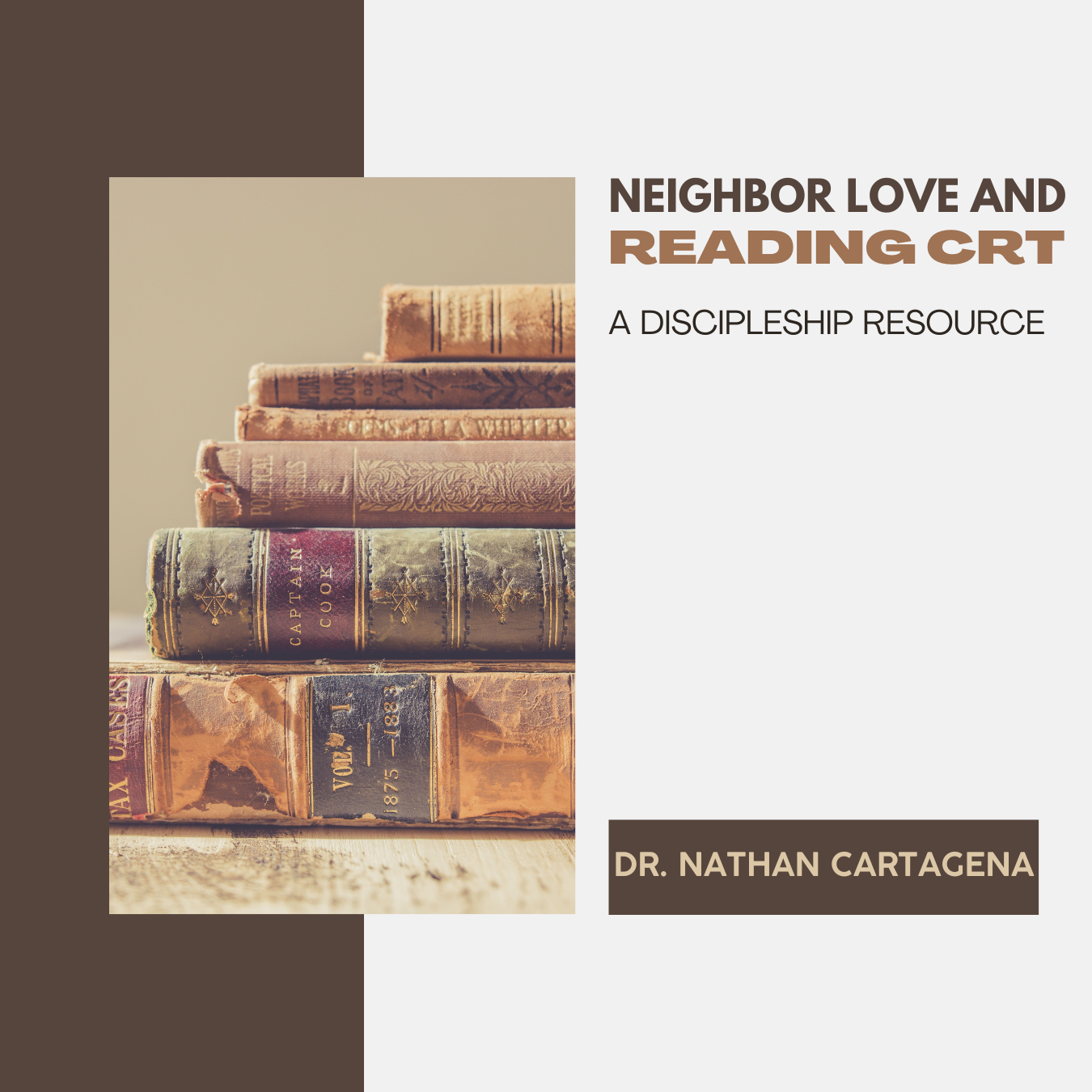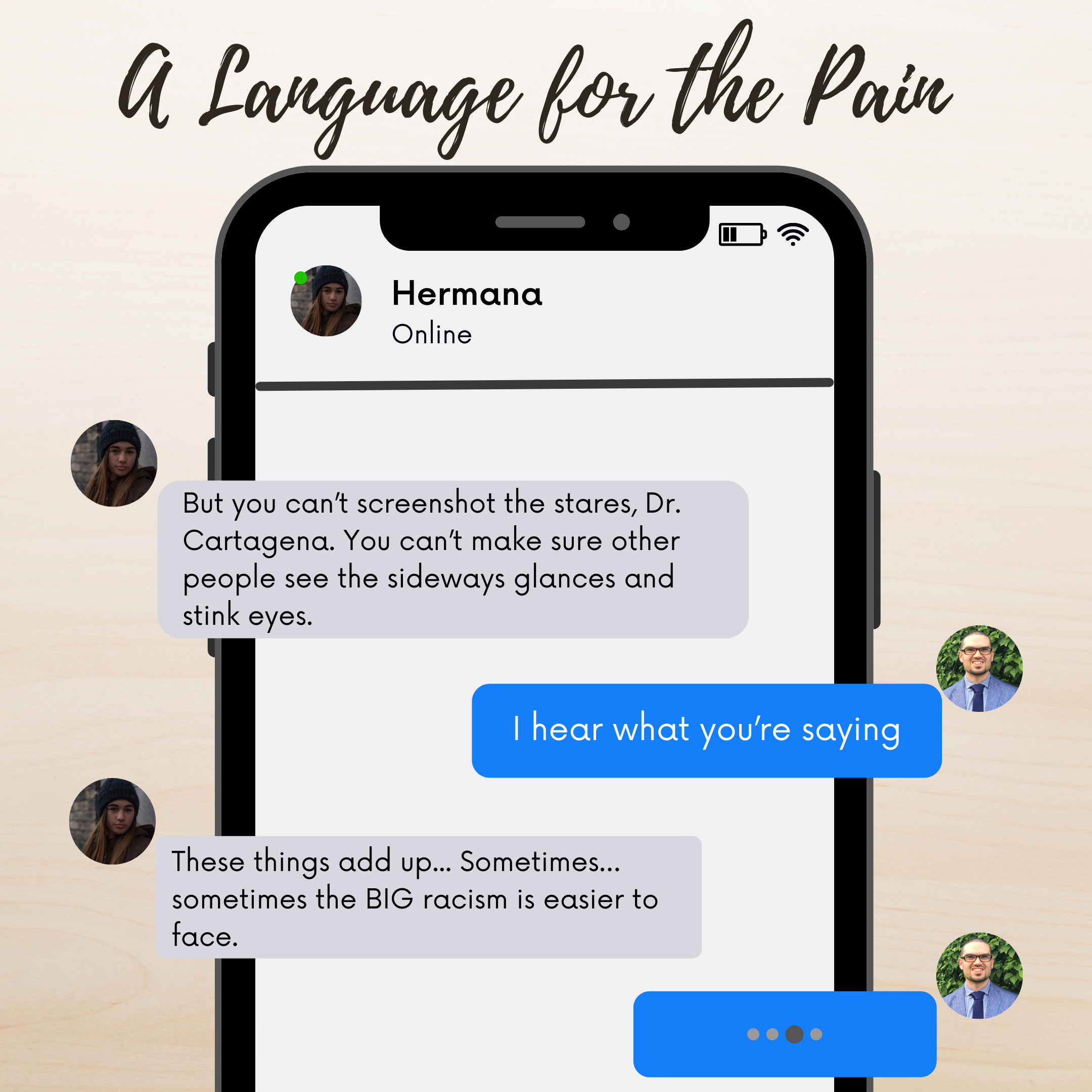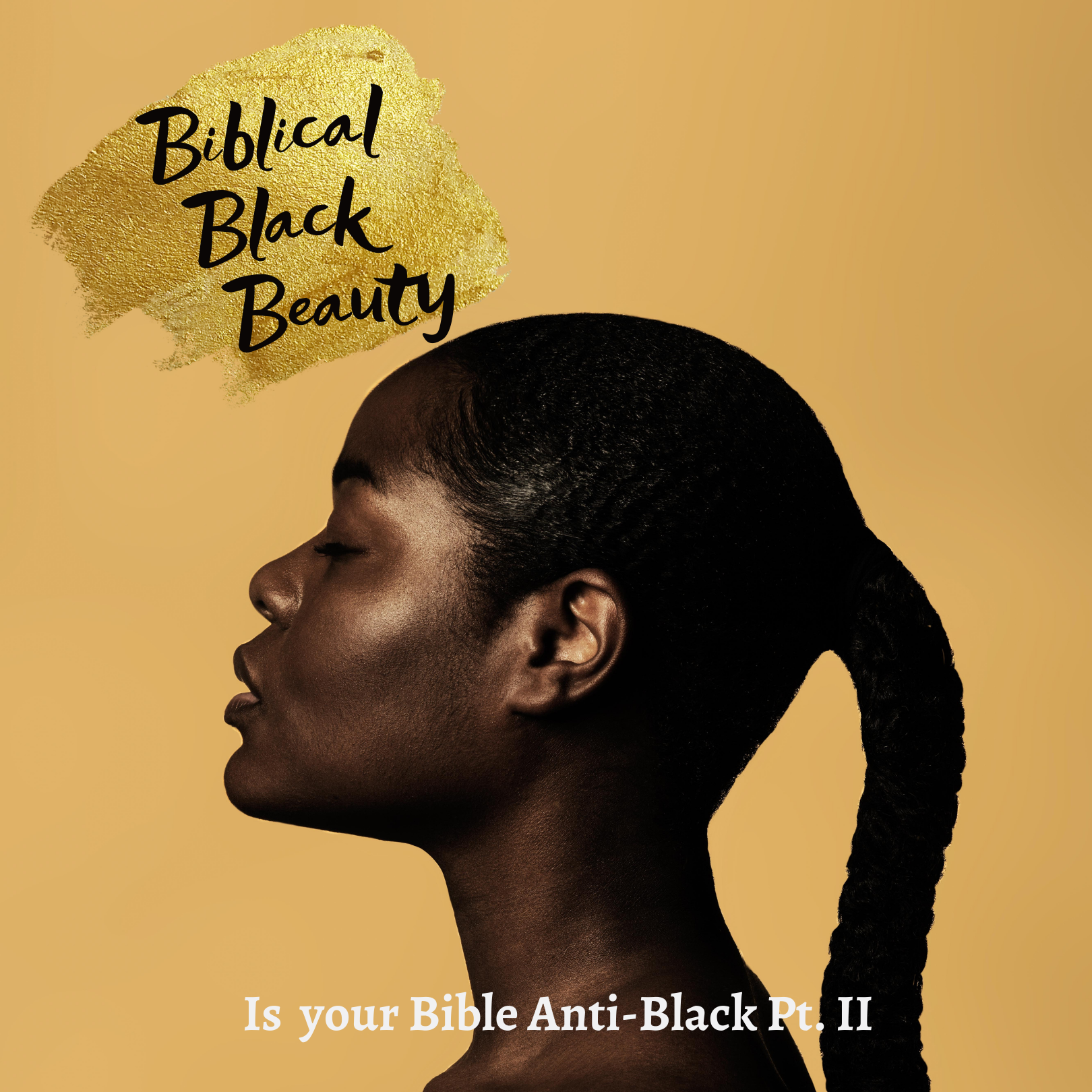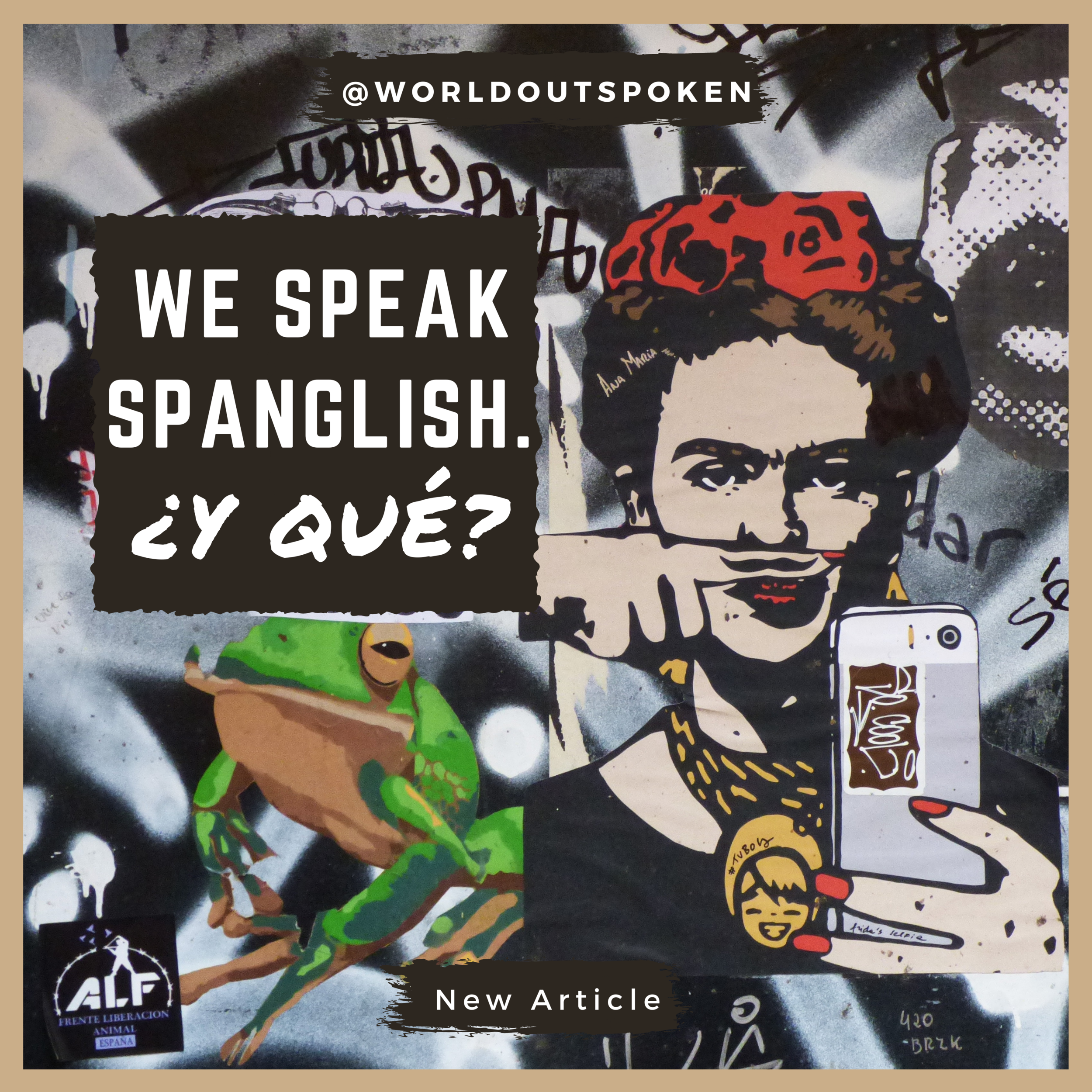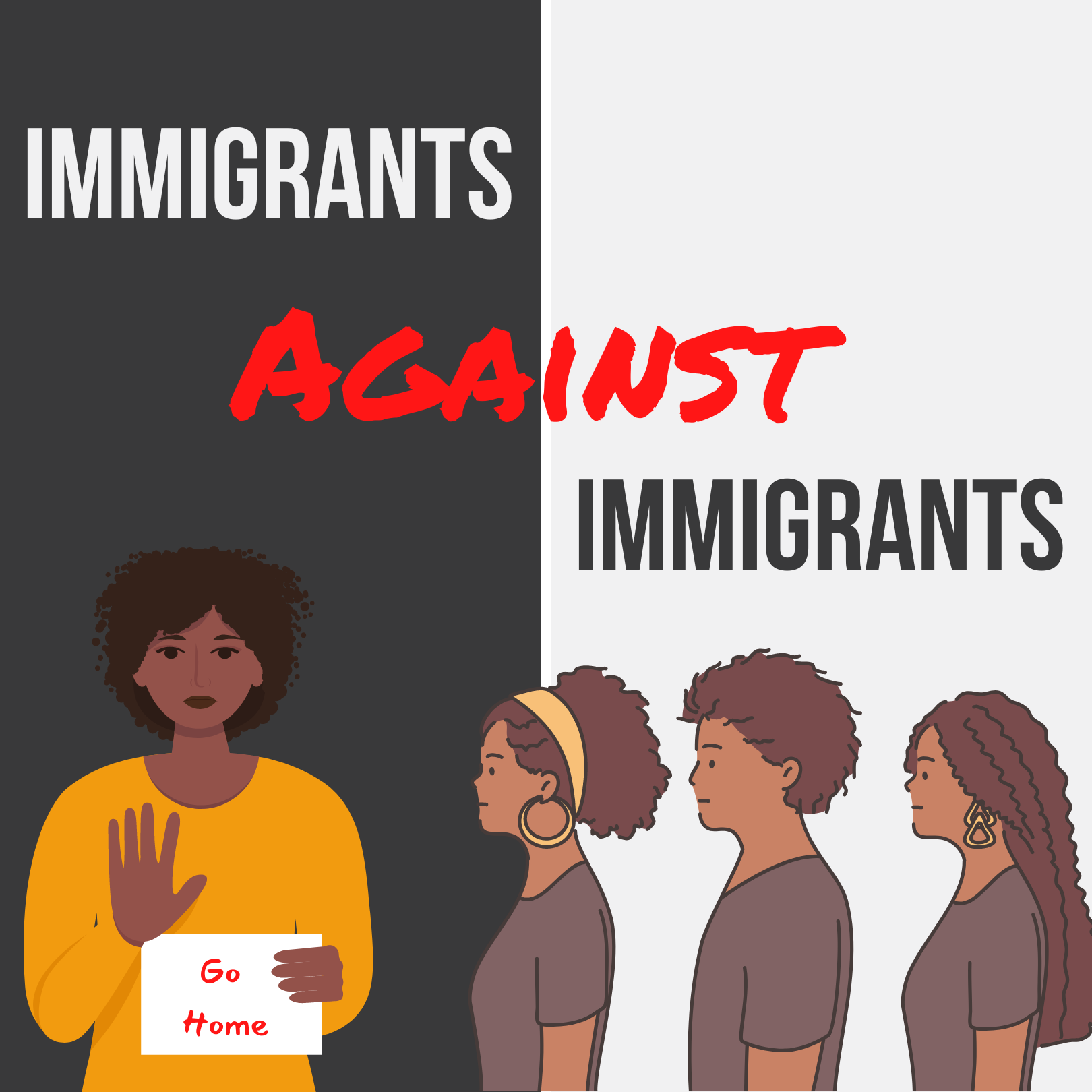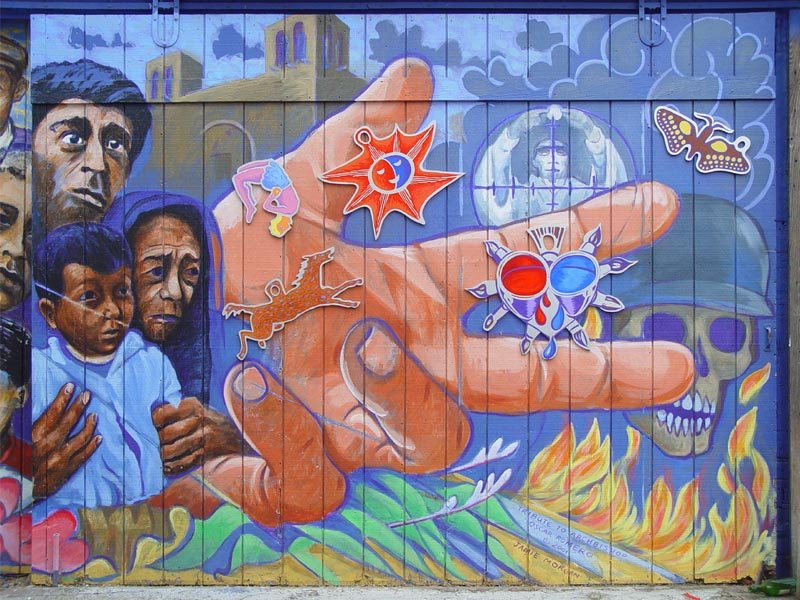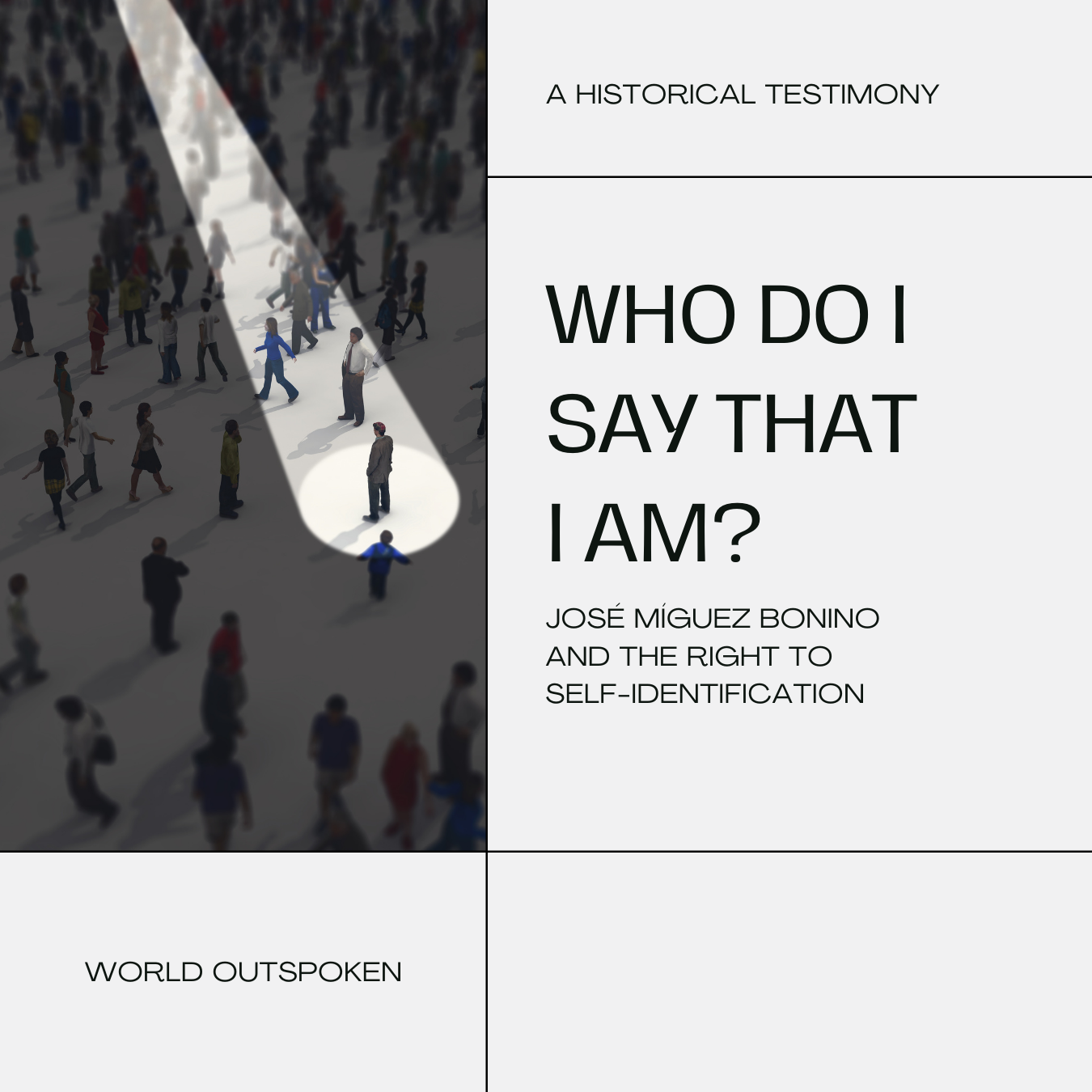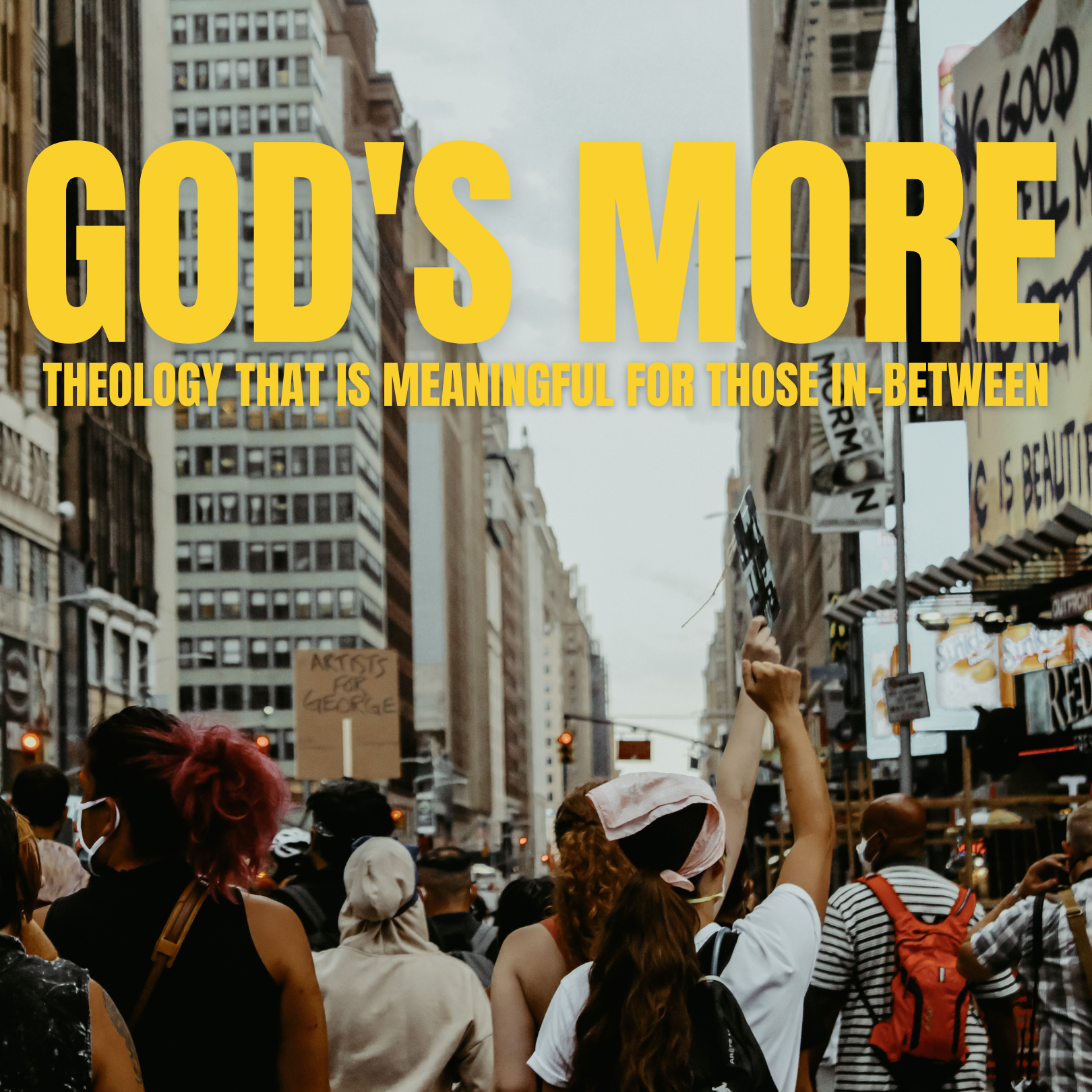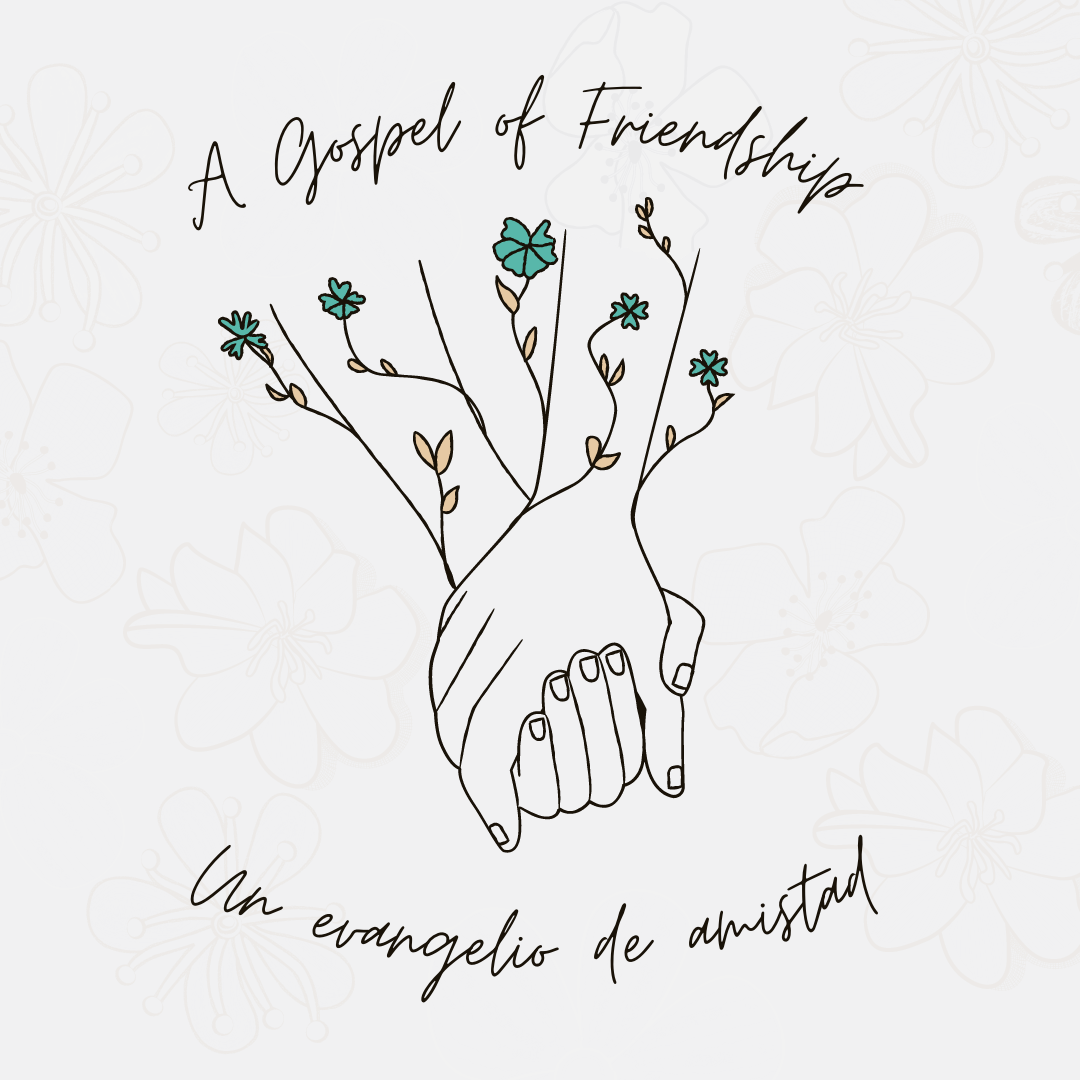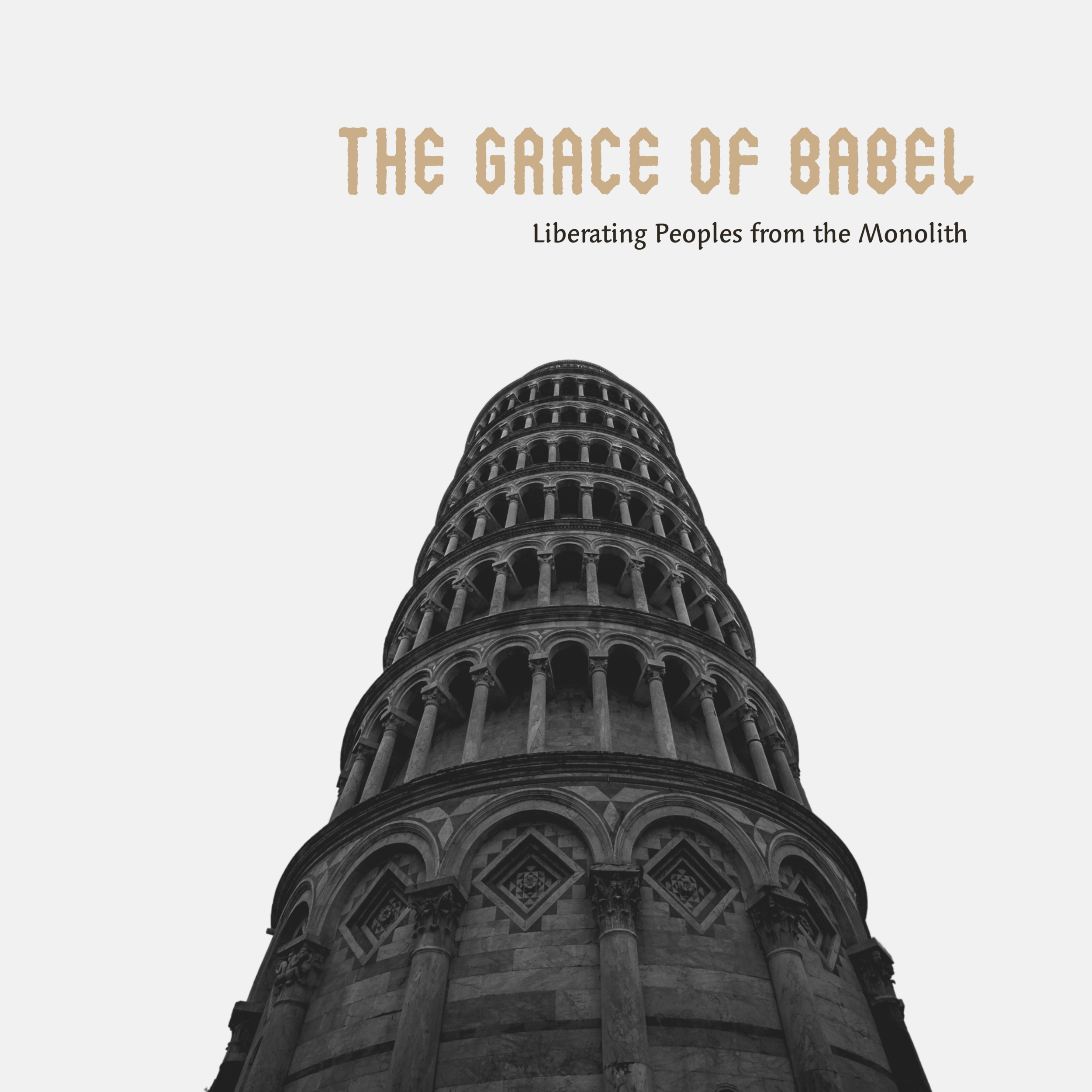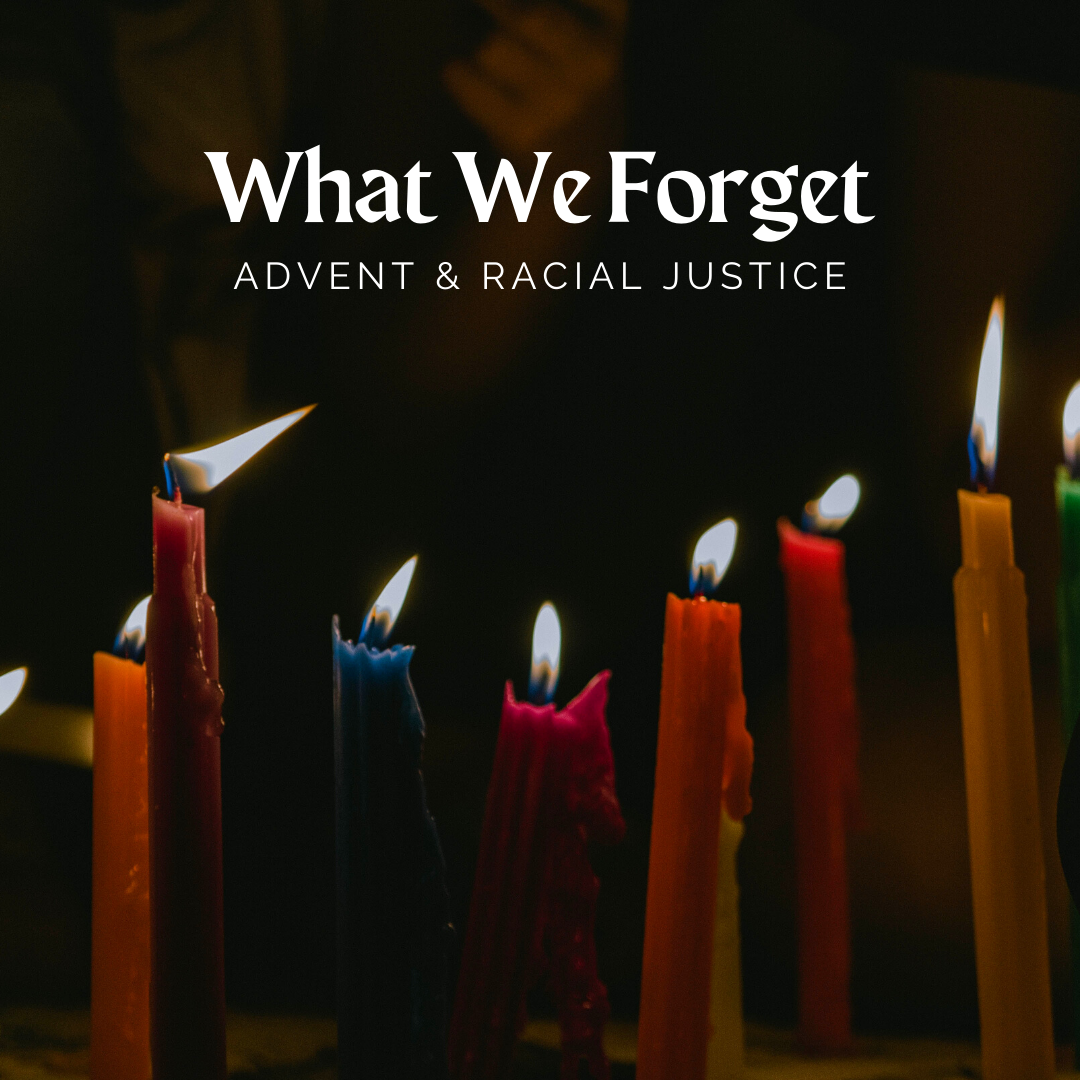Stage Setting
To borrow a line from Willie James Jennings, “The things I tell are precise accounts while being exact fabrications…everything I tell you, everything, is the truth. It is the truth in service of moving us to a new place of gathering.”
Here is a temptation story. Does it sound familiar?
En El Parque
We sipped our coffees between sympathetic sighs and pain-laced chuckles. We had suffered greatly and we knew it. That’s why we agreed to grab café and walk to a park where we could talk freely. We knew our colleagues wouldn’t be there. We knew the police rarely patrolled it; no need to worry about “inquiries.” Sometimes you must escape modes of surveillance so you can be—so you can listen and cry en conjunto.
Our visit did not start with sipping and sighs. Because our coffees were too hot to drink and our stories too agonizing to share without the security of a secluded space, we carried our coffees and swapped fun family updates while we walked to the park. We had much to celebrate. We had jokes to tell. Smiles adorned our faces and joyous laughter filled the space between us as we spoke. These laughs were divine gifts. We needed them and we knew it.
We reached the park and scanned the grounds. No one was there. Relieved, we selected a place to sit. Some burdens demand stillness. Sometimes movement fosters avoidance.
Our moods changed as we began discussing our personal pains. So did our cadence. Nervous, trauma-infused laughter filled the space between us. We had suffered greatly and we knew it. The brown bench bowed under our weight.
“Remember the racist meme?” I ask.
“Of course. How could any Latino or Latina forget it?”
“During a conversation, an institutional leader asked me if I had to use the word ‘victim’ when I talked about being pictured in that anti-Latin@ meme. ‘Perhaps another word is more appropriate?’ If I’m not a victim for being pictured in a racist meme that hundreds of people viewed on the internet, when would I be a ‘victim’?”
“Right? Sometimes these attempts to ‘reframe’ things to appease the constituents of historically white Christian spaces like ours leave you wondering: ‘Did I just hear that, or am I going crazy? You can’t be serious. Is it still the 1950s or something?’”
“Exactamente. The subtle efforts to nudge Latinx folks into more ‘respectable’ speech—the kind that won’t rock the Anglo boat—infuriate and terrify me. They require so much vigilance! I’m telling you: It’s easy to become a cooked frog, assimilating to every minor temperature adjustment designed to keep ‘certain’ Anglo constituents appeased.”
“And when you resist, when you ask, ‘Why are you adjusting the water temperature?” they look you in the eyes and say, ‘What are you talking about?’”
“Preach.”
“You see their hand on the nob. You watch them turn up the heat. But when you ask them why they’re doing that, they say they aren’t doing anything. The blatant gas-lighting is gross.”
“Sure is.”
“Ever notice how often these leaders gas-light you right before charging you with being a troublemaker?”
“Ah—the dreaded T-word. Not sure any racialized minority can recover from being labeled a ‘troublemaker’ in a historically or predominately white institution.”
I sip my coffee; my friend is silent. No one sighs. Our muscles tense. Apprehension fills the space between us.
“Nathan, you know people are calling you a troublemaker, right?”
“I know some people are calling me much worse than that!”
“I’m serious.”
“I am too…”
“Okay, but hear me. I’m worried about you. People are labeling you a troublemaker, hermano—and some are trying to keep you from getting a seat at important institutional tables.”
“I know…and I’m grateful for your loving concern. You unfortunately have good reasons to worry.”
“Yes I do. We both do.”
“This reminds me of a line from Du Bois’s Black Reconstruction. Du Bois says that the U.S. will never have a truthful history ‘until we have in our colleges men [and women] who regard the truth as more important than the defense of the white race.’ What Du Bois says about U.S. higher education generally holds for U.S. Christian higher education in particular—especially in historically white institutions. My speaking out against the histories of racism, white supremacy, and U.S. Anglo-Saxon imperialism has upset some folks.”
“Sí; it has.”
“Fans of white Christian Nationalism are outraged. Some have called for my job. ‘He’s racist and a liar!’ they say. ‘Fire him, or I’ll stop financially supporting your institution!’”
“Got to love the financial power plays coming from the very people who decry ‘cancel culture.’ I wish you never faced those threats. It must be anxiety inducing.”
“You know they are, because you get them too. Nothing like having to trust God for your daily bread when people are calling for your job or labeling you a troublemaker.”
We both look down. The bench remains bowed. My hands start to sweat as I raise my coffee to drink with my friend. We sip. We shake our heads and sigh. Then we look at each other. My friend continues.
“If you dialed it back—and I’m not saying you should—I suspect you could shake the label ‘troublemaker.’”
“I can’t dial it back. We both know that. If anything, I have been too quiet. Mi gente in Puerto Rico are the world’s oldest colony. They continue to suffer from U.S. white supremacy and economic exploitation. God has called me to bear witness to their miseries and amplify their voices in places where they have gone unheard.”
“You and your people have suffered greatly. And I agree about your calling. But I worry that your pace and the labels you carry may keep you from amplifying these voices in the halls of power. I mean, just look at how I’ve been ostracized and disrespected—and I’ve said far less ‘incendiary’ things than you have.”
Pain radiates from my friend’s eyes. Psalm 35 comes to mind as I consider my next words.
“I hear you,” I begin. “And I’m sorry you’ve suffered so much for confronting institutional racism. I hate it. I wish yours wasn’t a vocation of agony.”
“Thanks, Nathan. Me too.”
“The ‘reprimands’ and gas-lighting you’ve faced have been egregious. Simply egregious.”
“Seeing the institutional underside has been rough. I’ve shed many tears while crying out to Jesus. You’re right: It’s been a vocation of agony.”
“I got that phrase from MLK. He says promoting justice is a vocation of agony in ‘Beyond Vietnam.’”
“I haven’t read that.”
“It’s so good. That’s where King says there comes a time when silence is betrayal.”
“Some Latinx folks justify their institutional silence by saying that we need to go poco a poco.”
“Yeah. I’ve received this counsel several times. It flies in the face of history. And it’s eerily similar to the gradualism King denounces in ‘Letter from Birmingham Jail.’”
“Ever the race scholar…But you’re right: Those are good connections.”
“Thanks...I wish they weren’t. I wish those pieces weren’t relevant to our lives.”
“If only…”
“Silence and gradualism remain enticing temptations. But often silence is betrayal and gradualism is an ideology that sooths flawed consciences while it perpetuates exploitation and oppression. ‘Don’t worry: We’re moving prudently—with ‘all deliberate speed.’”
“But Nathan, don’t you see, ‘We’re making big strides: We’ve written statements. You should be impressed—and grateful.’”
“You and I have heard those lines time and time again, haven’t we?”
“Yep.”
“So many evangelical institutions and institutional leaders repeat this mantra. It’s painfully predictable.”
“And it often accompanies gas-lighting.”
“You’re right.”
We pause to sip our coffees. They’re nearly empty.
“Even when we do the work God’s given us,” my friend says, “promoting justice for and amplifying the voices of Latinx folks, we still end up in a position where we are damned if we do and damned if we don’t.”
“What do you mean?”
“If we promote justice and amplify our people’s pains, people ostracize us, removing us from institutional or societal places of power. But if we’re silent or play the institution’s desired gradual game, we’ll get accolades and mammon—but we and our people suffer, though in different ways.”
“I hear you. That’s it, isn’t it? Nothing like being stuck between a rock and a hard place while you’re trying to stand firm upon the Rock.”
“It’s exhausting.”
“It sure is. Racial battle fatigue is no joke. We must recognize it. We need to take time to recover from it. I say this knowing that, for some reason, the LORD keeps preparing a table for us in the presence of our enemies, keeps calling us to a Eucharistic feast in which we participate in Christ’s sufferings.”
“In these circumstances, it is easy to succumb to the temptation to remain silent or ‘work’ for ‘gradual change.’” Those paths are less painful and the fast tracks to fame, money, and power. ‘Forget all this misery. Isn’t Christ’s yoke supposed to be light? This isn’t light—it’s heavy!”
“You got me thinking about Jesus’s temptation. We face something similar. ‘If you just bow an assimilated knee,’ figures in historically or predominately white institutions tell us, ‘all these kingdoms can be yours. No need to suffer.
And why not better position yourself to empower your people?’ As if we could have those kingdoms and advance the Kingdom. As if we could support our people by selling them out.”
“Can’t serve God and mammon. No wonder some of the nudges and calls to assimilate feel satanic.”
“Now that’s a word.”
We wrap up our conversation expressing our gratitude for friendship. We stand and the brown bench creaks in relief. It is no longer holding our burdens. Our burdens aren’t gone; our coffee cups are empty. Still our cups runneth over.
About Dr. Nathan Luis Cartagena
A son of the US South (Mom) and Puerto Rico (Dad), Dr. Cartagena is an Assistant Professor of Philosophy at Wheaton College (IL), where he teaches courses on race, justice, and political philosophy, and is a fellow in The Wheaton Center for Early Christian Studies. He serves as the faculty advisor for Unidad Cristiana, a student group working to enhance Christian unity and celebrate Latina/o cultures, a scholar-in-residence for World Outspoken, and a co-host for the forthcoming podcast From the Underside. He’s also writing a book on Critical Race Theory with IVP Academic.
Articles like this one are made possible by the support of readers like you.
Donate today and help us continue to produce resources for the mestizo church.




